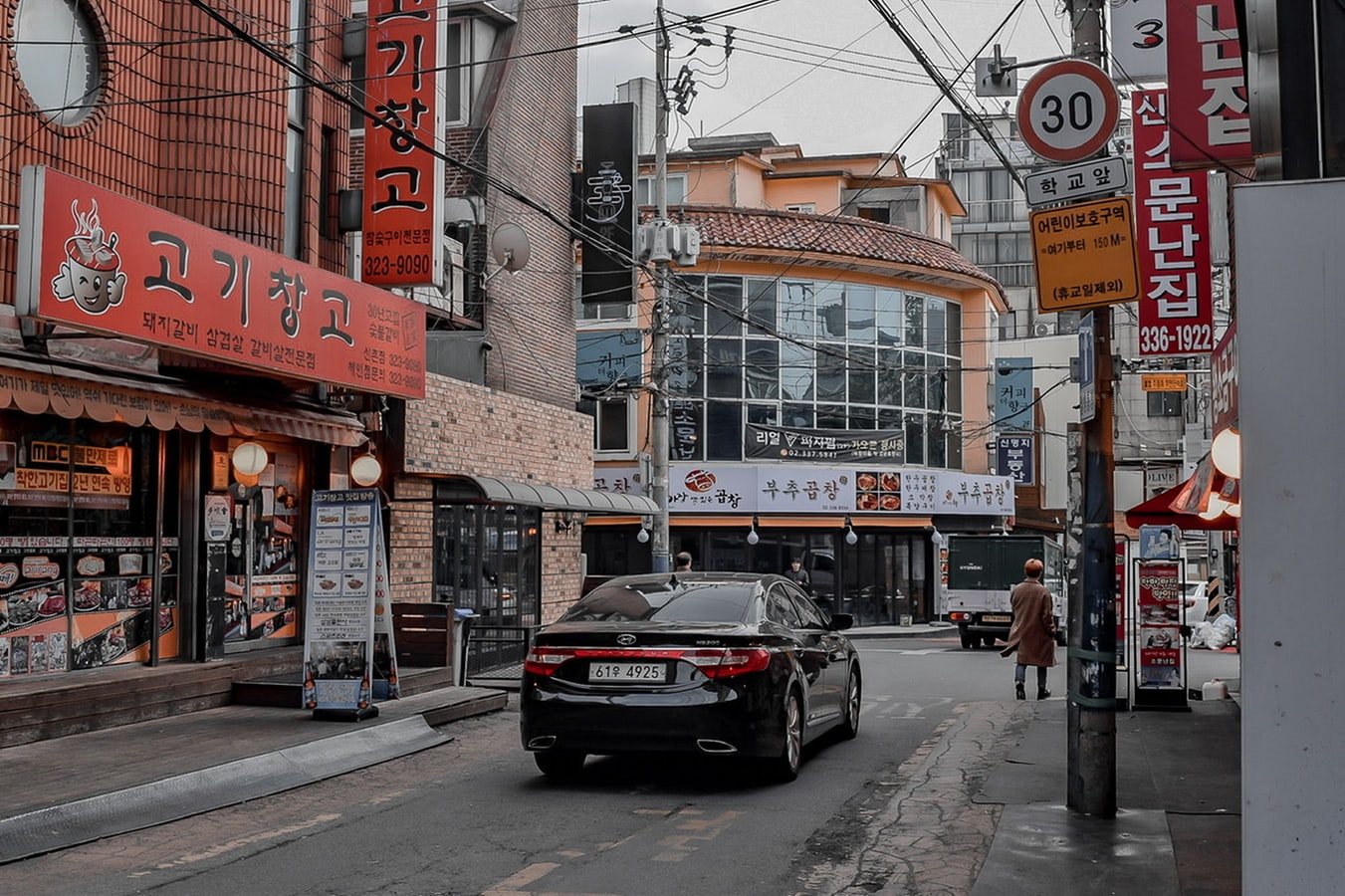How South Korea’s Restrictive Car Culture Is Changing
South Korea is the world’s seventh largest manufacturer of cars, hitting well above its weight in terms of population. Despite this, car modding and tuning remains a rare practice. This is largely due to Korea’s very strict regulations on modification, which require even the smallest changes to be approved. The process of modification is very costly as a result, meaning that for enthusiasts, obtaining a license is only the beginning of your expenditure.
Korea’s car culture
A practice often looked upon with scorn by Koreans, altering your vehicle as an amateur is exceedingly difficult in South Korea. In general, Korean drivers put a strong emphasis on practicality over flashy performance or aesthetics. Approximately 85% of cars on Korean roads are manufactured within the country. This statistic probably isn’t all that surprising for the seventh largest automobile manufacturer in the world. It does, however, result in a very homogeneous driving experience: you’ll get very few surprises car spotting on Korean roads. Just as Korean roads are dominated by two manufacturers (Kia and Hyundai), there’s little variety to color. The vast majority of cars you see will be black, silver or white, with very few exceptions.
As president Trump looks to improve the standing of American manufacturers in Korea, this culture may see some change over the next few years. In particular, American electric vehicles are seen as trendy and desirable. While modding to the car itself may be restrictively difficult, additions to the cockpit like heads up displays (HUDs) are both affordable and acceptable, making them a good choice for drivers looking to personalize their car.
How the modding culture is changing
For many, cars are a form of self expression. As such an important part of our daily lives, it’s understandable that one might want to customize them to their tastes. Doing this in South Korea presents a number of challenges, however. You may face legal issues doing things as simple as changing headlights or audio systems, despite them being readily available in shops. Doing it legally requires exhaustive approval from a governing body, something that many people simply don’t see as worth it. Korea’s car tuning market is estimated to be just over 500 billion won in value, a paltry sum when compared to America’s 35 trillion won and Germany’s 23 trillion won. However, there exists a small but growing culture more akin to that seen in America or Germany, where tuning and modifications are a massive industry. As President Trump seeks to build the popularity of American cars in Korea, this movement may gain momentum quite quickly.
Tight regulations in conjunction with the high costs associated with a niche hobby set a very high barrier to entry for Korean enthusiasts looking to modify their car. However, the government has made efforts to deregulate modding over the last ten years. In conjunction with the rising popularity of American cars, the culture of Korean roads may soon more closely reflect the personalities of the country’s drivers.




1 thought on “KMK: How South Korea’s Restrictive Car Culture is Changing”